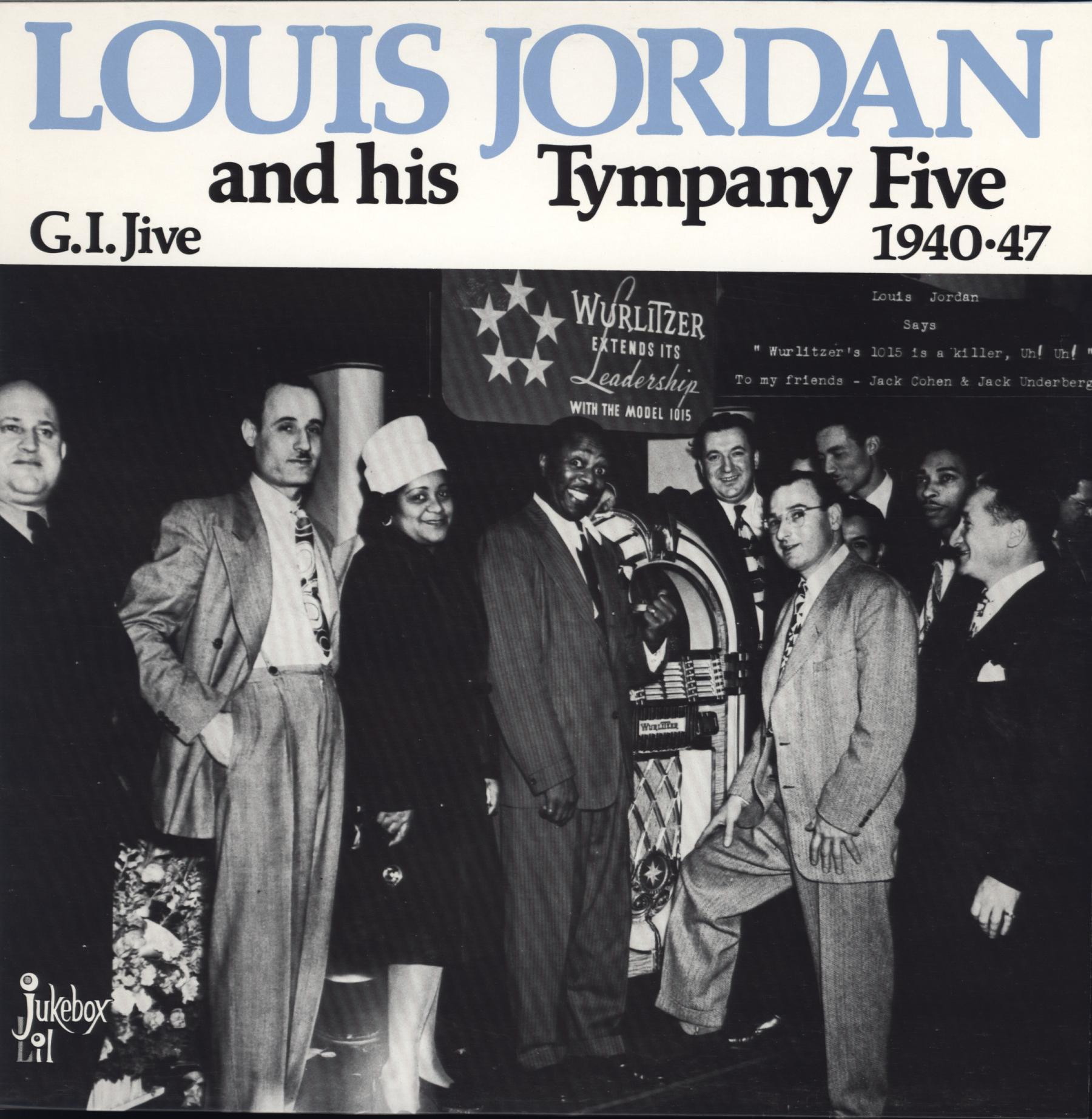
description
uel Walker was far from home when he learned of the terrorist attacks on the World Trade Center and the Pentagon. Stricken by incredulity and anxiety, he found the phone lines jammed when he tried to call his wife, who worked in downtown Washington, DC. At the time and ever since, Walker, like many of his fellow Americans, was and remains troubled by questions about the disaster that occurred on 9/11. What were the purposes of the attacks? Why did US intelligence agencies and the Defense Department, with annual budgets in the hundreds of billions of dollars, fail to protect the country from a small band of terrorists who managed to hijack four airliners and take the lives of nearly three thousand American citizens? What did responsible government agencies and officials know about Al-Qaeda and why did they not do more to head off the threat it posed? What were American policies toward terrorism, especially under Presidents Bill Clinton and George W. Bush, and why did they fall so far short of defending against a series of attacks? Finally, was the tragedy of 9/11 preventable? These are the most important questions that The Day That Shook America: A Concise History of 9/11 tries to answer. The Day That Shook America offers a long perspective and draws on recently opened records to provide an in-depth analysis of the approaches taken by the Clinton and Bush administrations toward terrorism in general and Al-Qaeda in particular. It also delivers arresting new details on the four hijackings and the collapse of the Twin Towers. J. Samuel Walker covers both the human drama and the public policy dimensions of one of the most important events in all of US history, and he does so in a way that is both comprehensive and concise.
member goods
No member items were found under this heading.
Return Policy
All sales are final
Shipping
No special shipping considerations available.
Shipping fees determined at checkout.







